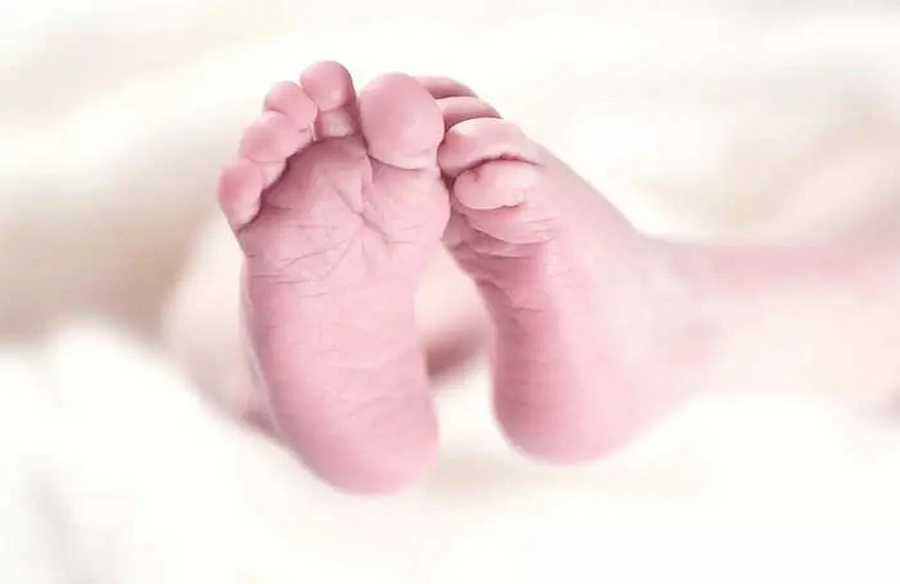China is considering a significant policy shift that could impact its demographic landscape, as a prominent advisor proposes lowering the legal age of marriage to 18. However, this suggestion has sparked intense debate and criticism, highlighting the complexities of China’s population challenges.
Background and Proposal
Gan Huatian, a leading member of the National Committee of the Chinese People’s Political Consultative Conference, advocated for reducing the legal age of marriage during a recent meeting in Beijing. Currently, the legal age of marriage in China is 22 for men and 20 for women. Gan argues that lowering this age limit could help address the country’s declining birthrates, which have reached historic lows.
Public Reaction and Backlash
Gan’s proposal triggered a swift and negative response online, with many expressing skepticism and concern. Critics questioned the wisdom of encouraging marriage and childbirth at a younger age, particularly in the context of China’s evolving social and economic landscape. Some argued that such policies could undermine educational pursuits and perpetuate societal pressures on young individuals.
Population Challenges
China is grappling with significant demographic challenges, including declining birth rates and an aging population. The country’s population decreased by approximately 2 million people in 2023, marking a troubling trend that threatens future economic and social stability. Efforts to reverse this decline have become a priority for policymakers, prompting discussions on various measures to encourage family formation and child-rearing.
Historical Context
China has experienced population fluctuations throughout its history, including periods of decline during events such as the Great Leap Forward. The current demographic situation poses unique challenges, as the country seeks to balance economic development with sustainable population growth. Addressing these challenges requires comprehensive strategies that consider both social and economic factors.
Societal Pressures and Economic Realities
Despite government incentives to promote marriage and childbirth, many young Chinese individuals face obstacles to starting families. Economic uncertainties, coupled with societal expectations and cultural norms, have contributed to delays in marriage and child-rearing. As a result, policymakers must navigate complex issues related to family planning and reproductive rights.
In conclusion, the proposal to lower the marriage age in China reflects ongoing efforts to address the country’s demographic challenges. However, the intense public backlash underscores the need for careful consideration and broader societal dialogue on this issue. As China grapples with its population woes, finding sustainable solutions will require collaboration between government officials, experts, and the general public.










